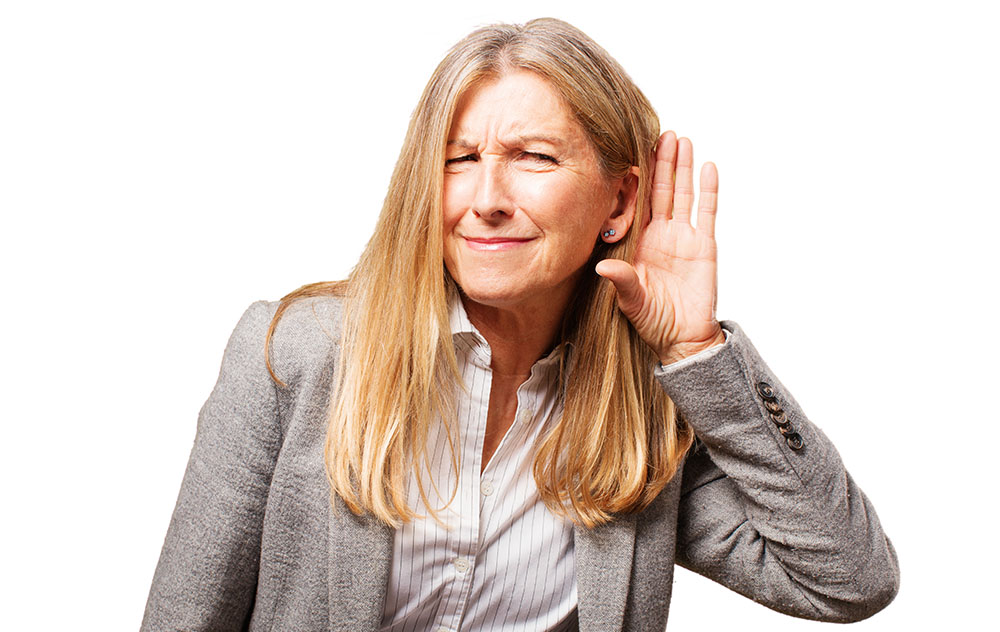Waterproof Hearing Aids: Pros and Cons
Water used to be a major challenge for hearing aid wearers. A sudden


Water used to be a major challenge for hearing aid wearers. A sudden

Most people think of hearing tests as something you do when you’re

Your sense of balance and hearing are closely connected – when one